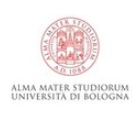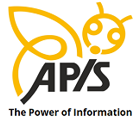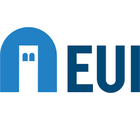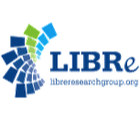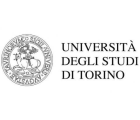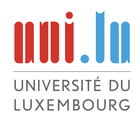ADELE PILOT TOOL
Developed under the ADELE project, this pilot tool applies methods of artificial intelligence and legal analytics – a blend of data science, machine learning and natural language processing – to analyse case law with the aim of extracting knowledge and predicting the outcome of legal cases
Select country and legal area and explore the fеаtures of the tool:
About the Tool
Territorial and material scope
The ADELE pilot tool provides free access to judicial decisions issued by the courts in:
- two EU member states - Italy and Bulgaria
- two legal areas:
- Value added tax (VAT) – exemptions and deductions
- Trademark and patents – claims for infringement
Target audience
It is aimed mainly at the following categories of potential users:
- Judges from national courts and public administrations
- Lawyers, legal advisers and other legal practitioners
- Students and researchers in the field of law and legal informatics
It can also be useful for anyone who is interested in the practical application of AI technologies in law.
About the Project
Main objectives and planned activities
The ADELE project is co-funded by the European Union’s Justice Programme. The main objective of the project is to build a pilot tool to support legal research and decision-making processes in the judiciary. To achieve this goal, the following activities are planned to be implemented:
- selection of decisions of Italian and Bulgarian judiciary in the field of intellectual property and VAT taxation and annotation of the datasets based on a common methodology
- processing of the annotated documents with machine learning algorithms to extract key legal arguments and to predict possible outcome of new cases
- building an ontology and citation networks
- presentation of the pilot tool to a specialised audience of judges from Italy and Bulgaria with a view to testing and validating the final version of the instrument.
Impact and expected results
- Supporting legal research and decision-making processes in the judiciary by applying automated means to extract legal knowledge from large datasets of case law, inferring undiscovered relationships and predicting possible outcome of new cases
- Improving the efficiency of the judiciary by developing novel solutions that facilitate judicial tasks, reduce the workload and increase the transparency of judicial decision-making
- Creating a legal analytics methodological framework and fostering the scientific debate on the use of artificial intelligence in the legal field
More information about the ADELE project can be found on its website: https://site.unibo.it/adele/en



